The employment rate in times of pandemic is an unpredictable factor. Everyone knows that it collapses and will collapse, but in some states there are measures that perhaps do not allow us to focus on the situation.
The reality is this: Thousands of jobs are unlikely to ever return. Because many companies will close, cut or reinvent themselves. A May 2020 study by the Becker Friedman Institute predicted that 42% of the jobs that will disappear from the pandemic will be permanent.
In addition to fewer jobs in some sectors, others were at risk long before Covid-19.
Technology may soon cut many
An example of disappeared jobs to understand the jobs that will disappear: in 1950, the job of an elevator operator was among hundreds of careers listed in the census. That job is now extinct, the only one in the last 50 years to die at the hands of automation. The next half-century may be less lenient.
AI, robotics, automation and other megatrends threaten many categories. Many economists predict that automation, not outsourcing, will lead to millions of lost manufacturing jobs.
Many of the jobs most likely to disappear are among those obtainable with just a high school diploma. Jobs with low barriers to accessing education are the ones robots will likely eventually take.
Here's a look at high-risk careers that are likely to disappear within 50 years.
Taxi driver
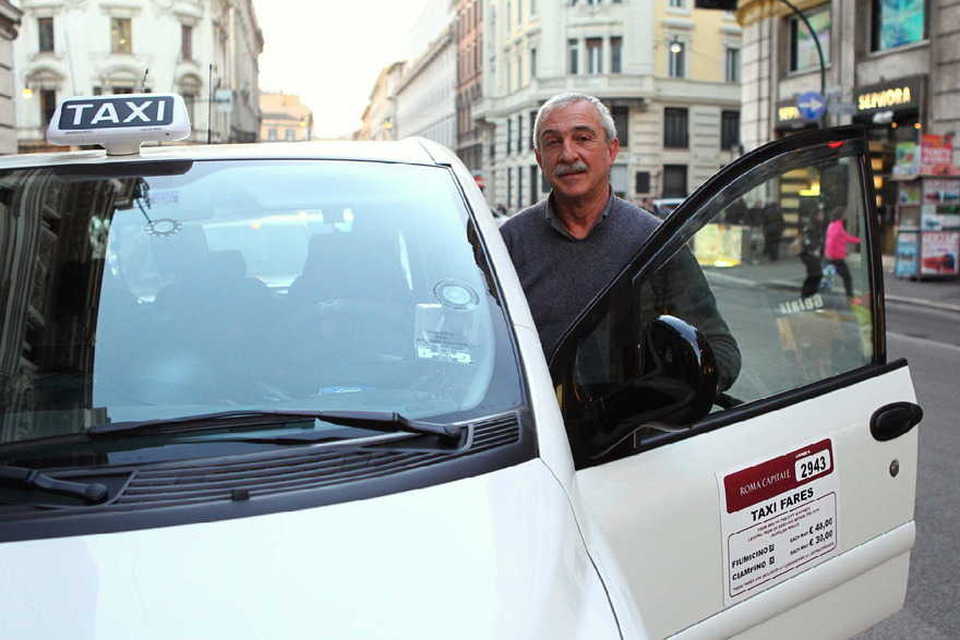
The (certain, progressive) advent of autonomous vehicles will eliminate millions of jobs. Few will be hit harder than taxi drivers, due to competition not only from driverless vehicles but also from ridesharing apps like Uber.
A study suggests that many taxi drivers will be forced to give up and become Uber drivers themselves.
Mail picker, courier and employee

In the "cemetery" of jobs that will disappear, taxi drivers will also be joined by mail sorters, couriers and postal workers. Over the past 10 years these positions have lost more than a quarter of the workforce. Email, AI-based collection systems, Hub Lockers and in the future autonomous couriers will accelerate this trend.
Rider

Since 2016, competition from autopilot software has been in the dock. Such systems will give human pilots a hard time. Autopilot features have long supported pilots in flight. We are at the point where pilots can only take control of aircraft during takeoff and landing. In the next 50 years, probably before (for good measure of the "terrible brackets" like that of the Boeing 737 Max) both human beings and goods will soon be transported on unmanned aircraft.
Debt collection, tax collector

Few people would feel the lack of bill collectors and accounting agents, such as those who show up to press those who don't pay within certain deadlines. Increased software and automation capable of performing the same task will sooner or later give a fatal blow to the category.
Surveyor and cartographic technician

Although some positions in the field require advanced education, most surveyors can enter this specialized profession with only a high school diploma. That option, however, will soon be off the table as robotics and other technological advances make their skills obsolete.
Counter reader
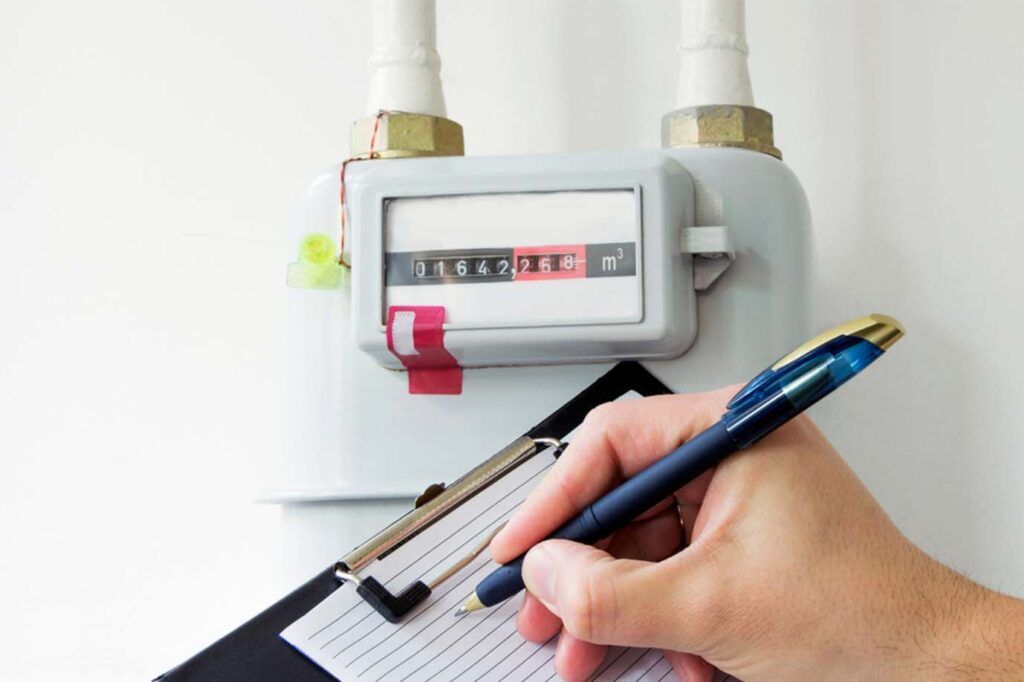
Part of your bill will likely include the salary cost of someone walking around neighborhoods reading meters. Soon, simple and inexpensive smart devices (smart meters and even storage systems) will make that walk and work no longer necessary.
Driver

Job insecurity will soon become a reality for millions of drivers of all types, thanks largely to automation and the rise of driverless vehicles. Among the hardest hit and probably the most affected will be the bus drivers. Self-driving electric buses are already a reality being tested in several European cities.
Miner

The crazies promoting the return of the coal industry might as well be telling unemployed Blockbuster employees that they're about to reopen movie rental stores. Pure science fiction. Today, technology does most of the work. Tomorrow, coal will collapse as the world adopts cleaner energy sources.
Prepress technician

There was a time when printers arranged individual letters for each page of a publication before it went to print. Technology has eliminated that job and ushered in the era of the prepress technician, who oversees materials before the presses start running. Thanks to more sophisticated publishing software, however, the situation has changed once again and this industry (already in crisis) will lose half its jobs in 10 years.
Fast food worker
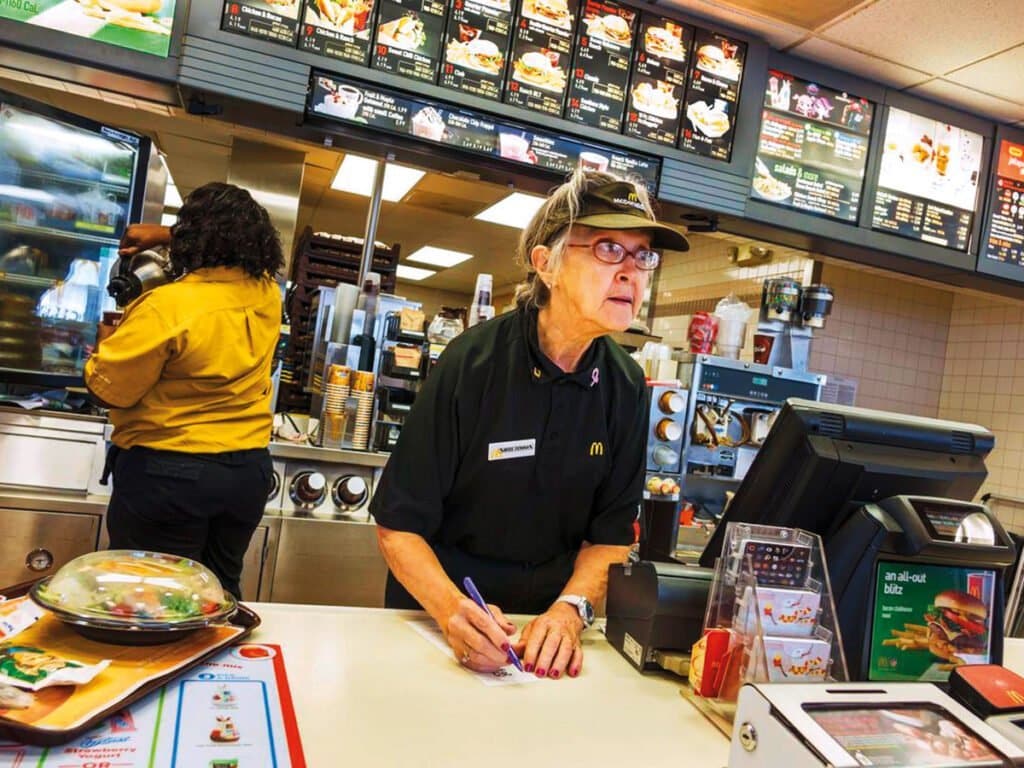
Fast food restaurants are essentially assembly lines, and just as robots are starting to dominate assembly lines that churn out engines, so too will those churning out burgers and fries. Little more to add about the works that will disappear, the consequences are easily imaginable.
Truck driver
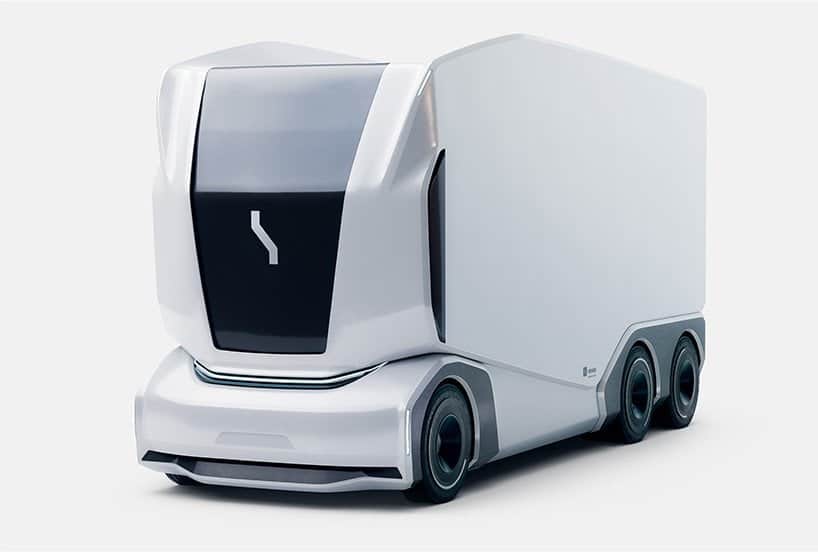
The Guardian recently called truck drivers “the last human beings left in the modern supply chain”. They are also the last of a dying breed. The largest automotive and technology companies are pouring billions of euros and dollars into the emerging automotive sector driverless vehicles and truck drivers are clearly in the sights of the coming revolution.
Referee

The Daily Star recently predicted that giant strides in artificial intelligence will lead robots and computers to get European football referees fired from their jobs by 2030. Today it sounds sensational, and perhaps it will go further (and not at all levels). The fact is that very soon perfectly accurate systems for replacing referees will be available, not only in football.
Florist

When purchasing flowers, consumers are now much more likely to go to a website or their local grocery store rather than their local florist. The downward trend for florists is so severe that the industry has lost tens of thousands of jobs over the past 10 years.
Telemarketer

Other jobs that will disappear, these in particular before others. Few jobs are more at risk than telemarketing. Highly repetitive work is a perfect target for machines. And machines, of course, could bother us much worse than humans.
Air traffic controller
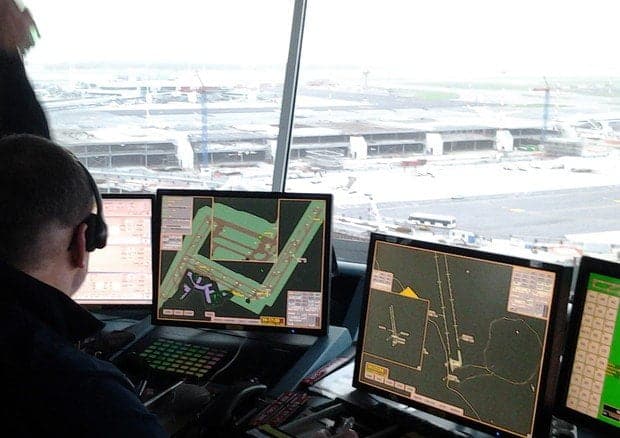
Like lighthouse keepers of old, air traffic controllers have long been beacons for pilots, helping them find their destination airport and guiding them on their way. This guidance, however, has already been replaced with automation and it will certainly not be 50 years before human-less control towers become a reality.
Farmer

Humanity will always depend on agriculture, but the farmers who have done agricultural work for millennia have already been replaced by things like automatic weeders, fruit pickers, control drones and vineyard pruners. Later on, the field of machines will be increasingly extended.
Waiter

Tabletop self-ordering kiosks are already available in many restaurants. Yet the standard protocol of placing an order verbally with a human waiter is still standard restaurant protocol. This trend, however, will change as artificial intelligence improves to the point where robots can act as a link between diners and the kitchen.
Interpreter or translator

Machine translation has been in development for more than half a century. For a long time, translators thought they were safe because computers could never learn to understand and capture the nuances of language, including accents, dialects, and secondary meanings of words. Well, those computers are almost there and the machine translation industry is a billion-euro industry. We already know the next step.
Bank teller

People have bypassed tellers and used ATMs for decades to make withdrawals, check balances, and deposit checks and cash. The rise of mobile banking apps has further reduced the relevance of the human teller. Smaller branches, featured technology, contactless technologies and even digital currencies will consign bank tellers to the annals of history.
Cashier of shops

Many grocery stores already have self-checkout aisles that allow customers to pay on their own. If you add mobile apps that allow you to pay on your phone even while in a brick and mortar store it becomes clear that the person behind the cash register may not have a job for much longer.
Financial advisor

The financial sector is already disrupted by the rise of fintech and robo-advisors, automated platforms that use sophisticated algorithms and real-time information to offer tailored investment advice.
All of this comes at a much lower cost than hiring a professional financial advisor, whose advice is subject to both bias and human error. Artificial intelligence hasn't made the financial advisor obsolete yet, but the future is here and time is running out.
Jeweler

Experts already expect many jobs that will disappear in the field of jewelry. Online shopping above all among the causes of the phenomenon. Not only are jewelers disappearing, but fewer people take their jewelry for repair, for example. This paints a bleak picture for the role.
Lumberjack
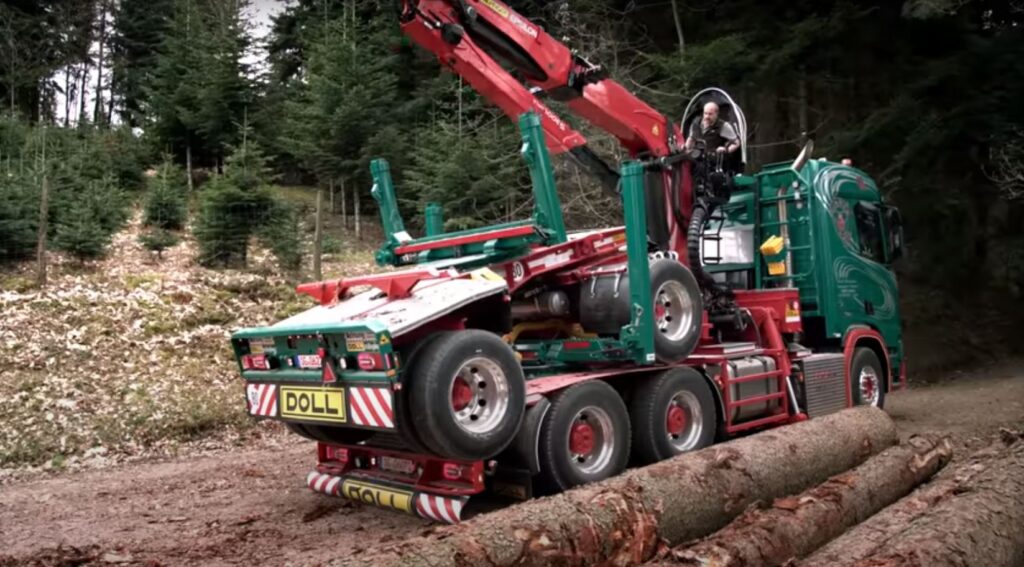
Among the works that will disappear within 50 years, one that already has a fairytale: that of the woodcutter. Soon, it will probably no longer be done by humans. The work of timber harvesting is now largely carried out by efficient and highly technical machines. Which should, however, calm down.
Ticker

The rise of electronic toll payment systems such as Telepass has made the work of toll takers increasingly archaic. In 50 years, the concept of handing cash from a car window to a person in a booth will be a distant memory.
Librarian

Librarians don't want to hear that their work is in mortal danger, but it is. A myriad of devices and technologies related to books, as well as universal search tools like the familiar Google, librarians (and even libraries, alas) are becoming fewer and fewer.
Computer programmer

Once listed among the most unassailable jobs on Earth, computer programmers wrote the codes that drove the machines that changed the world. Unfortunately, those machines are now so good at their jobs that they will likely soon have the ability to do the work of the same men and women who gave them their lives in the first place.
Flight attendant
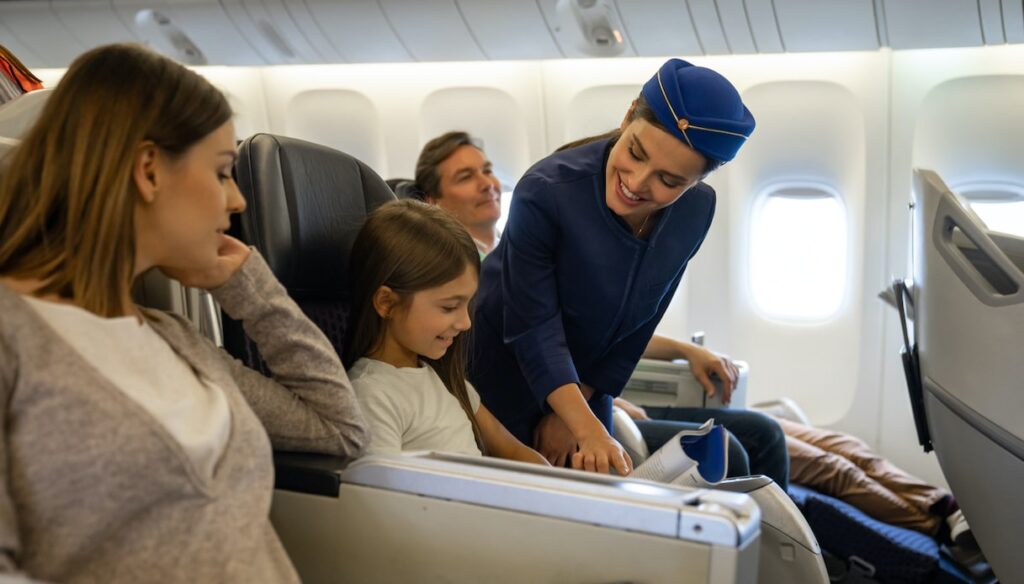
It becomes clearer with each new technology update that pilots will not be the only employees in flight facing change. As early as 2012, the Skybot automated bartender was on planes to help flight attendants carry drinks to passengers. By 2016, Pepper could already remember each passenger's flight information, accept requests, provide information on connecting flights, and wander the aisles while his human colleagues had to be buckled into their seats.


